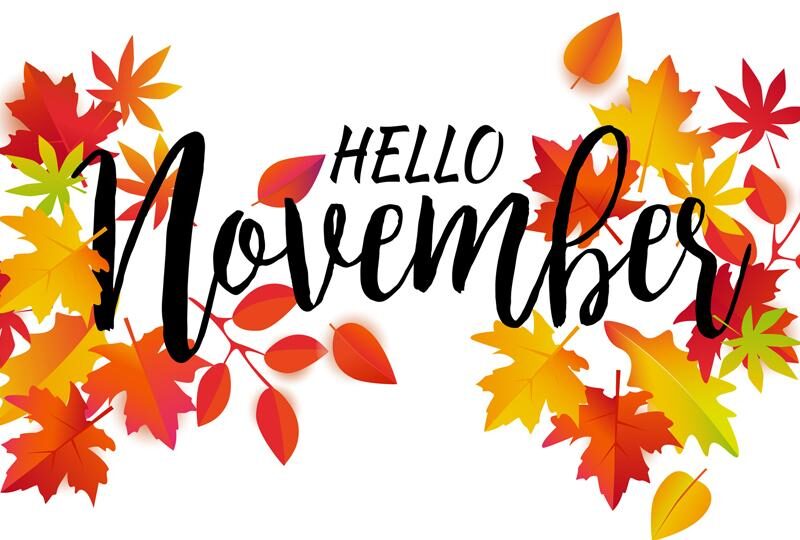Journalling together
I’ve started a joint writing journal with my middle son. It’s a big black hardcover accounting book, the same kind I use to keep my notes and do my creative writing. When I’m done writing something, I leave it by his bed. When he’s done replying, he leaves it on my dresser. There’s no rush to get it done, so we end up exchanging it maybe a couple of days a week.
There are a few reasons that this approach works for him. The biggest one is that any conversation with him about emotionally difficult things inevitably gets him so worked up that he loses any benefit from the discussion. When he feels strong sadness or frustration, he lashes out verbally, makes wild and contradictory statements, picks fights, and clearly stops processing the actual issues at stake.
Our journal lets him talk about emotional things but without the stress of trying to manage social interaction at the same time. He can be much more calm and rational. He can’t interrupt or sidetrack what I’m saying. He can go over something more than once if he doesn’t understand. He can take his time and really think about his response. In other words, the book allows him to understand better what I’m telling him and to articulate better what he wants to say in return.
It also lets me tell him things that he doesn’t let me say in normal conversation. It lets me tell him, “I really do love you,” or “I really am doing what I think is best for you,” the sort of thing that he refuses to here from me verbally. And he can go back to those truths whenever he wants. When nobody’s watching, when he doesn’t have to keep up his tough guy facade, he can go and read and know that I love him, that I’m doing what’s best for him.
Even the process of writing in the journal has been really positive for his behaviour. As an extremely active and stimulus-craving child, the journal gives him the motivation to sit and read and write, to be calm and focussed enough to get those tasks accomplished. Although he doesn’t normally have the patience to work on those kinds of tasks, the journal gives reading and writing enough meaning that he’ll actually do them. So not only does he have a way to share his feelings, but he also has a way to calm himself, to focus his thoughts, to practise the physical act of writing that he normally avoids.
Not all kids would take to this kind of journal writing of course. When I offered a similar arrangement to my eldest son, he completely dismissed the idea. Why, he wanted to know, would he bother to write me something when he could just tell me instead? But my middle guy finds something really therapeutic about the process of journalling with me, part of which is that it offers him attention in a way that he can recognize and receive.
So if you have a kid who struggles to communicate with you, maybe try a journal. It might just be the tool that gets the conversation started.





